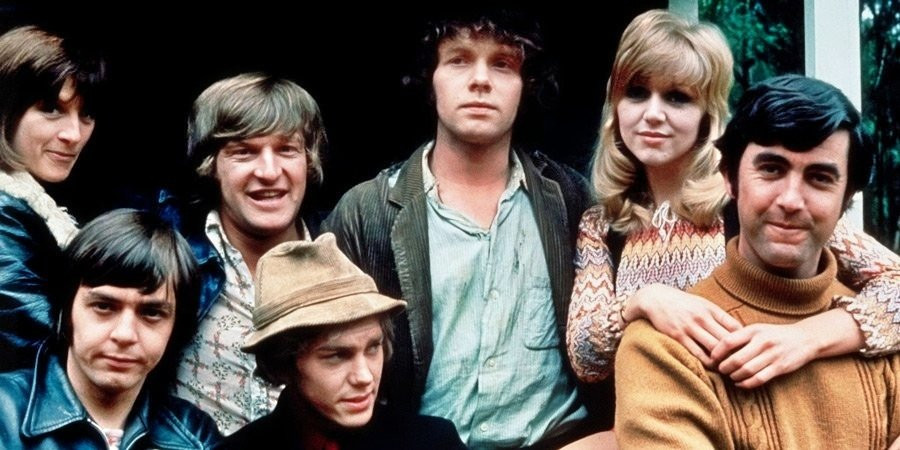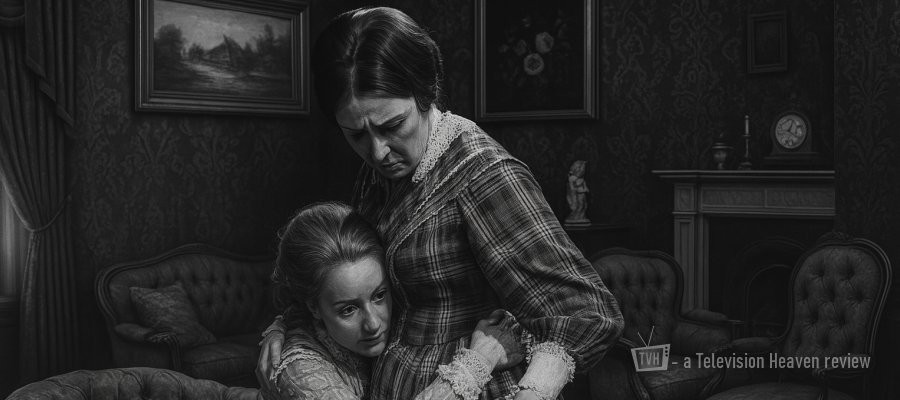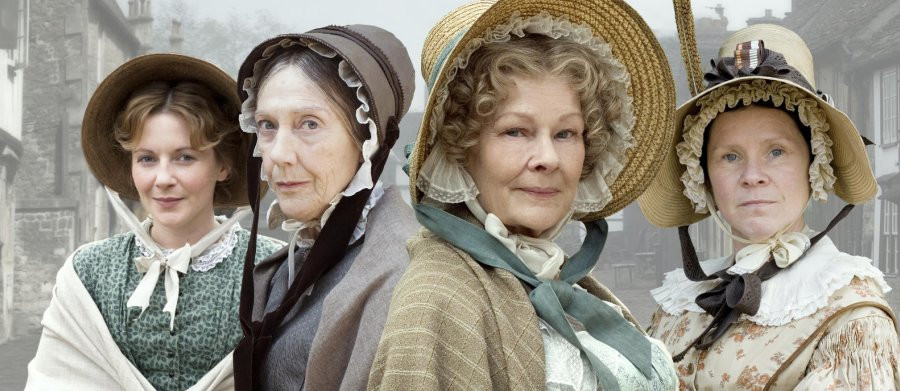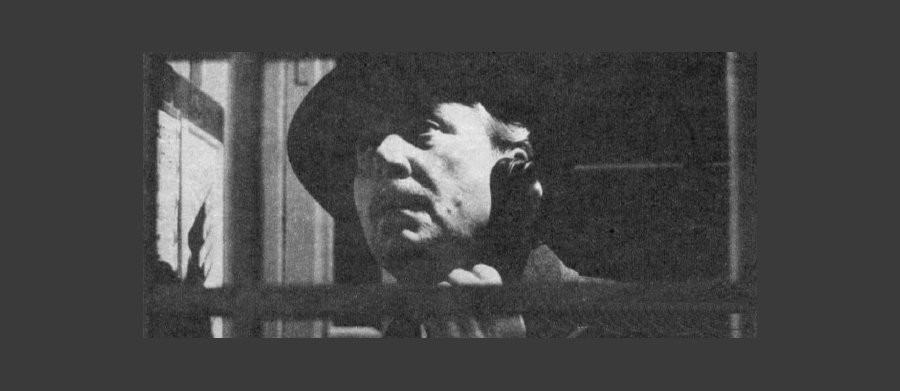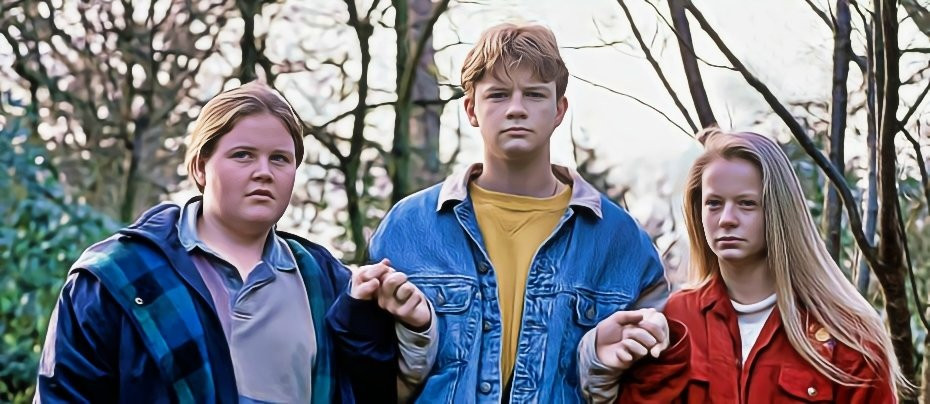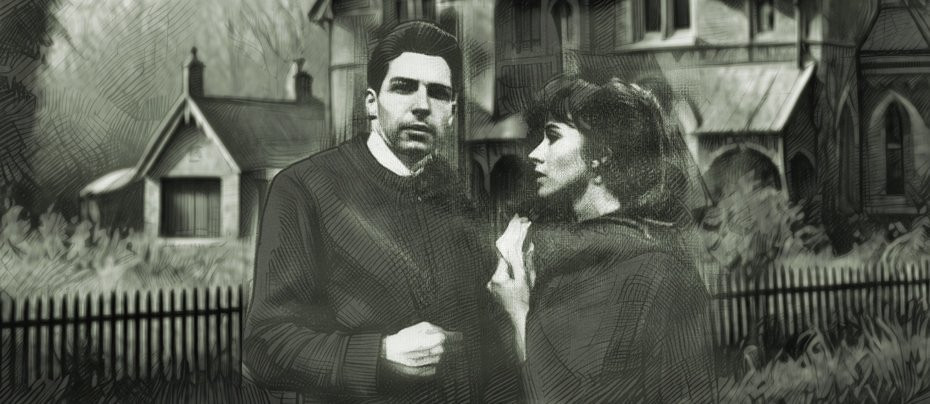
The Massingham Affair
1964 - United KingdomThere has to be some element of the detective in every good lawyer. So when Edward Grierson, a Northumberland barrister, turned to writing crime novels, he had all the qualifications for producing absorbing detective novels that became best-sellers and which were adapted for the screen. The Massingham Affair was one such story.
Grierson was intrigued by a real life long-closed case which looked to him suspiciously like it had been based on rigged evidence by the police and could not resist researching the full story. The results of his investigations, with names, locale and a period change, provided the material for his novel which was published in 1962.
Grierson stated that the end product had fewer resemblances than differences to the original, but the adaptation, a solid and highly readable novel according to a review in the Edinburgh Evening News, gripped with ‘all the persuasion of a good thriller.’ Laurence Shelley of the Chester Chronicle said the story ‘ticks away like a time bomb.’
The plot was based on a 19th Century burglary at Edlingham Vicarage, in a small village in the wild moors of Northumberland between Rothbury and Alnwick in which Rev. Buckle and his daughter were fired upon and injured in a struggle with burglars, but managed to scare off their two assailants. Reported in the Alnwick Mercury on Saturday 15 February 1879, ‘Miss Buckle was awakened about one o'clock in the morning by a noise downstairs and going to the top of the stairs she noticed ‘some persons in the house’, and straightaway went and awoke her father.’ He got a light, and took with him an old sword, and ventured into the downstairs room where he was confronted by two men.
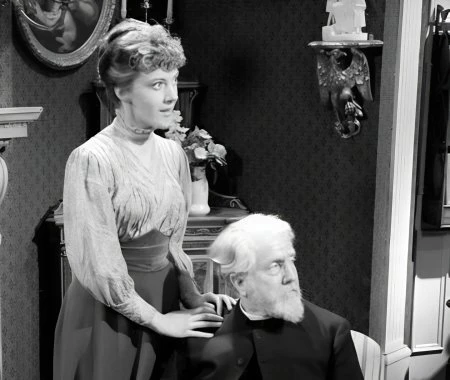
A gun was then fired by one of the men from inside the room, ‘the charge of which struck the edge of the door.’ Buckle was so close to the man who fired the gun that he was wounded in one shoulder, and on the other side his gown was shot through. Two men were arrested for the crime. Irish labourers Michael Brannagan and Peter Murphy were apprehended by the police in a separate local ‘poaching’ incident the same night, which fitted with the time of the burglary. The burglars were said to have taken with them a gold watch belonging to the young lady, but no such item was found on either of them and they pleaded their innocence in the matter.
Nevertheless, they were convicted of Burglary with Violence and sentenced to serve time in Dartmoor Jail. They had been in prison for nine years when Charles Richardson and sidekick Geordie Egdell admitted to the crime. Brannagan and Murphy still had to wait for the real burglars to go to trial because at the time, the only way to secure the release of the innocent men was for another to confess to the crime and be convicted. In the event, the two real villains were treated as heroes for admitting their crimes, albeit a decade too late to save the others from wrongful imprisonment and received only five years in prison themselves.
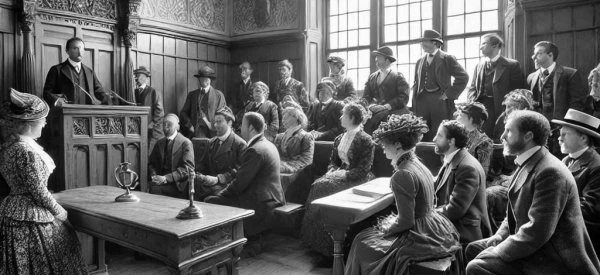
The Home Secretary at the time of their release, offered Brannigan and Murphy £800 each in compensation (roughly £84,000 in 2024). Their case led directly to sweeping changes in the law of Criminal Appeal which resulted in the modern system essentially still in existence today.
Grierson’s novel was serialised for the BBC in a six-part series by Rex Tucker on BBC-2 in September 1964 with a repeat on BBC-1 in January 1965. The setting here is Yorkshire, towards the end of the 19th Century, where poaching is rife. A policeman is shot dead when he surprises a gang of poachers at work, and very soon afterwards a clergyman is shot and wounded in the course of a burglary.
Two men are arrested for the wounding and a local police superintendent is determined to pin the murder on them as well, so their sentences (which would be the death penalty) can serve as a warning to the whole poaching fraternity. But a young solicitor’s clerk has doubts, and he begins his own enquiry.
Justin Derry, the embryo lawyer who is prepared to risk his whole professional and social future to uncover what he conceives to be a case of police ‘railroading’, is played by Lyndon Brook (Edward the Seventh). His adversary, the hectoring and confident Superintendent Blair, is played by Andrew Keir (Quatermass and the Pit). Eileen Atkins (An Age of Kings) plays the reverend’s daughter, Charlotte Verney. Also appearing are Geoffrey Bayldon (Catweazle), Patsy Rowlands (Hallelujah!) and Bernard Kay (The Lion, The Witch and the Wardrobe).
Norman Phelps, writing in the Liverpool Daily Post said that ‘The Massingham Affair, unlike many serials, suggested in its first instalment that it was going to be more thrilling than succeeding instalments have shown it to be. The heavy rural atmosphere is well evoked but, having packed everything into the beginning, this drama of suspicion about police conspiracy in planting a crime on the wrong men moves much too slow-footedly.’
The Massingham Affair is believed to survive intact in the BBC archives although it has not been made available on any format or been reshown on television since the 1965 repeat viewing.
Seen this show? How do you rate it?
Seen this show? How do you rate it?
Published on January 6th, 2025. Written by Marc Saul for Television Heaven.


